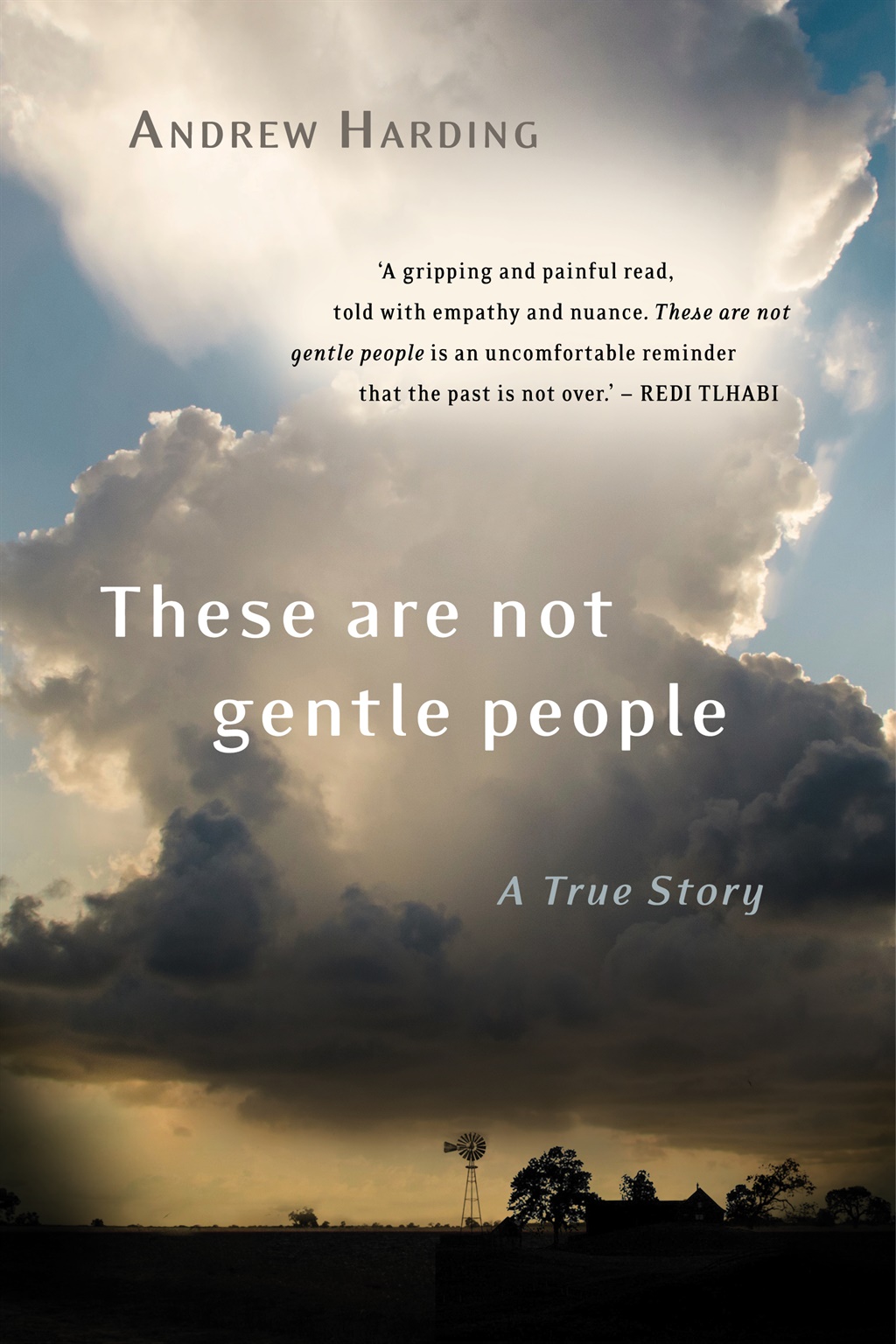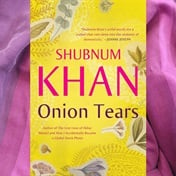
In his book, 'There are not gentle people', award-winning foreign correspondent and author Andrew Harding traces events after forty men gathered in the corner of a dusty field on a farm in Parys in the Free State in 2016.
Ruth and Mercia stood, awkwardly, in the kitchen. Although she hadn’t mentioned it yet, Mercia had heard about the incident last night. Hector was on the local farmers’ WhatsApp security group, and had received an alert message around six, warning that Oom Loedie had been attacked. He had rushed to his pickup and driven straight to Bulrush farm, thinking, like his wife, about the chest freezer on the back of that police van. Wondering what someone had now done to his uncle. In fact, the old man had seemed fine. Shaken, for sure, and with blood caked to his shoulder and stomach, but determined not to appear weak in front of his relatives, or the two policemen who had
arrived at his house. Hector had stayed for 20 minutes and then driven back home to his family, deciding not to join the manhunt in the fields further south. Thank God I didn’t go there, he would say to Mercia, more than once, in the months that followed. Hector had heard a few names being mentioned in connection with the incident. One was Tjixa. He wondered if Ruth’s second son, Elias, might have been involved. It wouldn’t have been a surprise. Elias had worked for Hector in the past. He was lazy. Too fond of drink, just like his father, and quick to get in fights. And there was the time Elias had tried to organise a strike, demanding more than the one thousand five hundred rand in wages that he and his co-workers were paid each month, and no more working on Saturdays. A troublemaker.
Mercia had also assumed it would be Elias. It made sense. Unlike his tall, easy-going older brother Samuel, Elias had always been difficult. Not exactly a gangster. But not someone to trust either. They’d been glad when he’d finally left their farm of his own accord a few years ago.
In the kitchen, Mercia, still bouncing Yannika on her hip, stood facing Ruth, a woman 20 years her senior, who stood, sobbing hard, with her back to the fridge.
Who did that to your child? Mercia asked.
Ruth shook her head.
We heard that one of your sons was involved in a farm attack.
Mercia still assumed it was Elias.
Ruth said nothing, just stood. Then Hector appeared at the kitchen door and said that he, too, had heard about the farm attack.
There was another awkward pause.
The couple felt they were playing it straight. They’d heard gossip about the attack, and the possibility that one of Ruth’s sons had been involved, and injured, or possibly even killed. But it wouldn’t have been fair of them to share this with Ruth – to worry her unnecessarily – until they knew the details for sure. They were just trying to be good employers in a country where race, and wealth, and language, and history made everything like this so damned complicated.
Ruth heard an entirely different conversation.
As she watched Mercia bouncing Yannika on her hip – an entirely natural movement which now seemed somehow disdainful to her – a blaze of anger tore through her.
Madam had known.
All morning Mercia had known her housekeeper’s son was dead.
They both did – husband and wife. And what had they done? Watched television. And now they were standing in front of her, so casual, so relaxed, so superior. It seemed impossible to Ruth that someone could be aware of something, anything, as important as this, and not even mention it. That was not the world she’d grown up in, where any news – big or small – was always shared.
And so Ruth seized hold of the only conclusion that made sense to her. The white people were lying. They were protecting their kind.
They were in on it.
They must think I’m so stupid, she thought to herself.
Were you there? she asked. She meant where Samuel had died.
Two heads shook solemnly. No? So, you and me, we know nothing. NOTHING!
It was the first time Ruth had ever spoken in anger to her employers, and habit soon prompted her to back down. She told them she would go into Parys to find out more.
Keep us informed, said Hector.
Ruth could not get out of the house fast enough. She walked back across the lawn, ignoring the dogs snapping at her heels, and turned right, back along the road towards her shack.
*
When Boeta, Rikki and Oom Loedie arrived back at Bulrush farm after seeing the doctor in Parys they found an unexpected reception – half a dozen police vehicles were parked in the yard. Overnight the officers’ attitude had changed. Now they were stiff and aggressive. They demanded to speak to the old man again. While Rikki was arguing with them, insisting Oom Loedie needed to rest, telling them to come back tomorrow, and call first, please, Boeta’s lawyer phoned. Listen, he said. Bad news. It’s official, the two blacks are dead.
Yes, both of them.
- That was an extract from These are not gentle people: A true story by Andrew Harding and published by Picador Africa.




 Publications
Publications
 Partners
Partners











